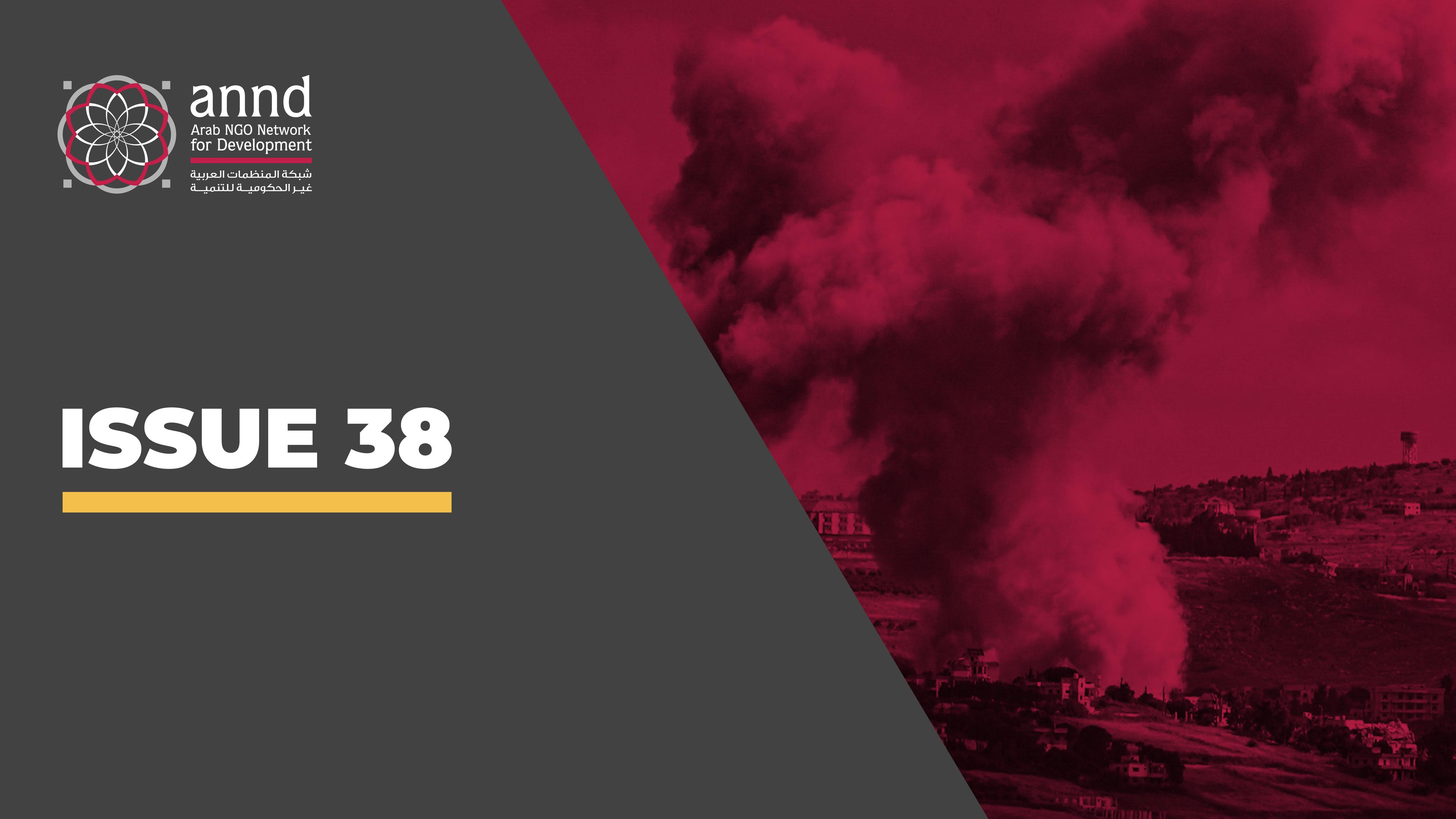| International Developments in Lebanon
Turkey’s Foreign Minister announced that his country, along with 52 other nations—including Saudi Arabia, Brazil, Algeria, China, Iran, and Russia, as well as the Arab League and the Organization of Islamic Cooperation—submitted a letter to the United Nations calling for an end to arms supplies to Israel.
The final statement of the Turkish-African Ministerial Conference condemned Israel’s indiscriminate targeting of civilians in Gaza.
During a visit to Israel's northern border, the Israeli Prime Minister stated that, with or without an agreement, the key to securing the region lies in pushing Hezbollah beyond the Litani River and disrupting any of its efforts to rearm. He emphasized cutting off Hezbollah's "oxygen pipeline" from Iran via Syria.
Israeli Defense Minister Yoav Gallant confirmed that the ground offensive in Lebanon would continue as long as necessary.
Israel's broadcasting authority reported that American Airlines has canceled all flights to Israel through the end of summer 2025.
The UNRWA Commissioner-General warned that dismantling the agency without a viable replacement would deprive Palestinian children of education.
Instead of focusing on banning the agency or finding alternatives, efforts should be directed toward ending the conflict.
Iran’s President declared, "We will not leave any attack on our security and sovereignty unanswered," noting that a potential ceasefire in Gaza and Lebanon could influence Iran’s response to recent Israeli attacks on Iranian military sites.
The commander of Iran’s Revolutionary Guard stated that the "resistance holds the upper hand in the region," warning Washington and Tel Aviv of a harsh response to the "Axis of Evil."
Meanwhile, American B-52 bombers have arrived in the Middle East underscores growing tensions and the potential for escalation.
| 


